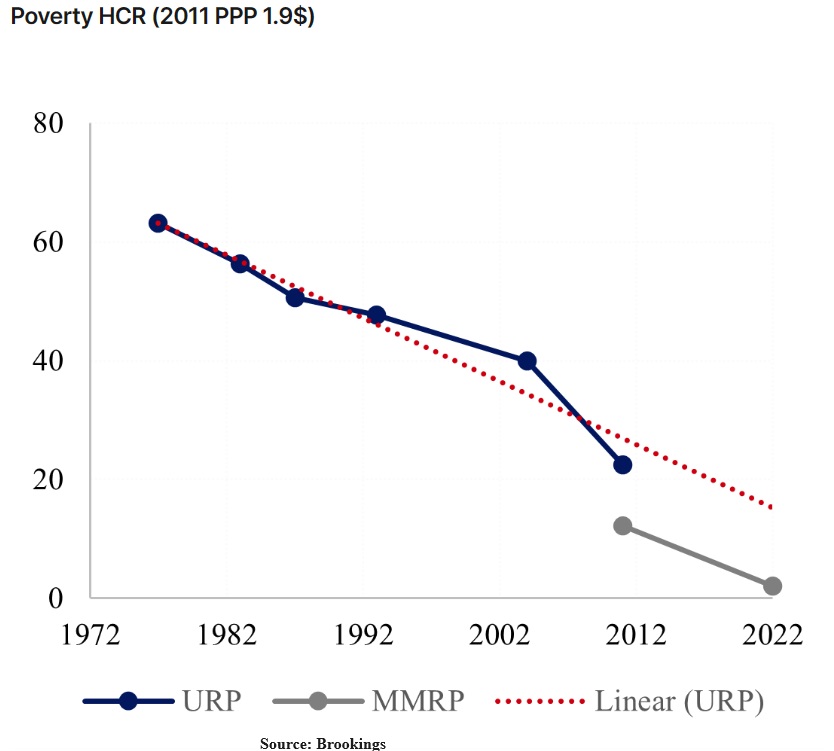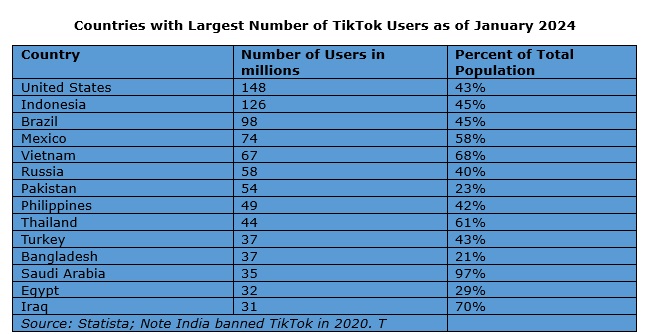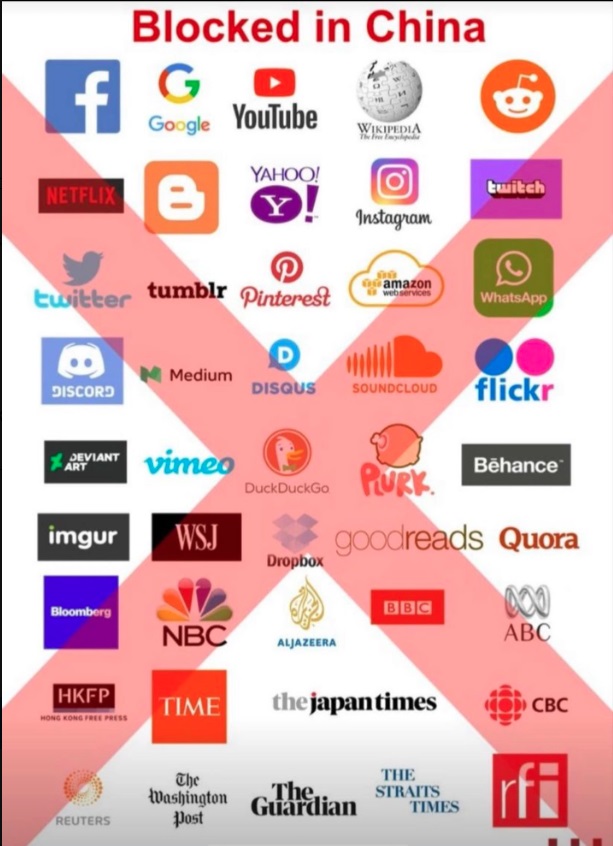It never occurred to us until watching the documentary about the making of the We Are The World song and video, The Greatest Night in Pop, that Prince and Bob Dylan are very similar. No, not their music: one crafted cool funk fused with, well, everything, and the other wrote songs that feel like they existed from when mountains and rivers were created and were unearthed by a musicologist. But the people themselves are two sides of the same scuffed up but fancified doubloon. For one, they are both from Minnesota, their roots fertilized and strengthened in that upper midwestern state. They are also both aloof and sometime ciphers.
Throughout the documentary, Dylan is obviously uncomfortable and awkward around this large group of celebrities, and not just because his singing chops aren’t what his songwriting skills are. Prince was so uncomfortable with the idea of the We Are The World recording he didn’t even show up. His absence and Dylan’s absent-like presence both loom over the occasion, foreboding and intimidating. These are two outsiders who were always on the inside somehow. They could be gruff with their public, peers and contemporaries. They rejected labels other wanted to place on them and Prince even went so far as to call himself an unpronounceable symbol while Dylan wrote a memoir that was mostly made up.
To our knowledge, and some brief Internet research, Prince and Dylan never met. We kind of think there’s a great one act two hander play to be written about such a fanciful meeting. Perhaps the scene is an urban club in the wilds of Minnesota somewhere, as they discuss music, life, the universe and everything. We don’t have the chops to write it but have enough scuff and funk to sing praises to India eliminating extreme poverty, chant about AI in the physical world and write another song about TikTok. It’s this week’s International Need to Know, an interpreter of international information for Shohei Ohtani, betting on only the best global data.
If you happen to find yourself in the City of Destiny, that is Tacoma, Washington, next Wednesday afternoon, March 27, feel free to stop by Milgard Hall at UW Tacoma, where we’ll be moderating a World Affairs Tacoma program on “Global Supply Chains: Challenges and Opportunities From a Regional Perspective. The panel will feature a commissioner from the Port of Tacoma, an executive from the Northwest Seaport Alliance, a business person and an academic. Having talked with them previously, I can guarantee insights, wisdom and fun.
Without further ado, here’s what you need to know.
India Conquers Extreme Poverty
March 21 is as good a day as any to check in on the future, that is, India, the most populous country in the world with a fast growing economy. There is good news on a few fronts. First, Brookings reports that according to the latest official data, India has eliminated extreme poverty. In fact, the improvements are so vast that Brookings recommends, “Given the near elimination of extreme poverty, we outlined the need for India to transition to a higher poverty line.” The reason poverty has fallen, according to Brookings, is higher growth in rural areas and various policies, including, “a national mission for construction of toilets and attempts to ensure universal access to electricity, modern cooking fuel, and more recently, piped water.” Even as India makes progress in poverty, it also has reduced inequality, in both rural and urban areas. In fact, the Brookings report finds “an unprecedented decline in both urban and rural inequality…In the annals of inequality analysis, this decline is unheard of, and especially in the context of high per capita growth.” India has many challenges as well, of course, but if Ippei Mizuhara is looking at which large countries to bet on, India is looking like a good wager.
India has two different methods for estimating consumption expenditures: the Uniform Recall Period (URP) and the more accurate Modified Mixed Recall Period (MMRP).Brookings article provides methodology for these two methods
AI Gets Physical
Shortly after seeing the below video of OpenAi’s new robot embedded with LLM technology, we pulled into the parking lot of Lowe’s and saw a security robot roaming around. We did not feel any more or less secure but wondered how soon before we are communicating with C3PO and R2D2-like creatures. And we wondered if this will have a profound impact on AI development. We are in no way an AI expert but now that LLMs are embedded in robots won’t they start training on real world physical data rather than just information on the Internet? One of the arguments for LLM AI reaching a limit is that they are running out of data to train on. But now won’t they be digesting the physical not just the digital? If so, what does that mean for how AI evolves? We’ve had great success using AI but it does hallucinate on occasion and can act strangely in others. Most science fiction depicts robots as methodical and logical but LLMs are sometimes not that. What if instead of a calm, logical actor we engage with in the physical world, we end up with Nicolas Cage?
China Corner: More on TikTok
A wise reader noted that our chart last week showing the number of TikTok users in selected countries would be more useful if we included a percent of the total population, which we do in the first chart below. It might also be worth noting that whether the U.S. forces TikTok to divest from ByteDance, a number of other countries have already banned TikTok, at least from government employee use, including the EU, Canada and the U.K. We noted in the chart last week that the most populous country in the world, India, has completely banned TikTok. And, of course, China has banned TikTok, or at least the version used outside of China. China has banned a host of other social media and Internet sites as well, as you can see in the second chart below from The Guardian. This gets to the reciprocity point we made last week. We’re not so concerned about CCP propaganda in the U.S.—we keep hearing people talk about how Russia changed the 2016 election. Russia tried to influence it but there’s not really any evidence they were successful.* We should handle TikTok as a trade issue and rather than tariffs, which are not effective and counter-productive, we should tell China we welcome TikTok…when they open up their market to international internet sites (this should be done in concert with other countries). Oh, and we should develop legislation that protects Americans’ privacy from not just TikTok but from all sites.
*James Comey, the then FBI director is chiefly responsible for helping Trump win with the way he handled the investigation of Clinton and releasing information shortly before the election. Maybe a wiser policy would be to ban Comey from all media?
The below is an incomplete list but gives you the general idea




